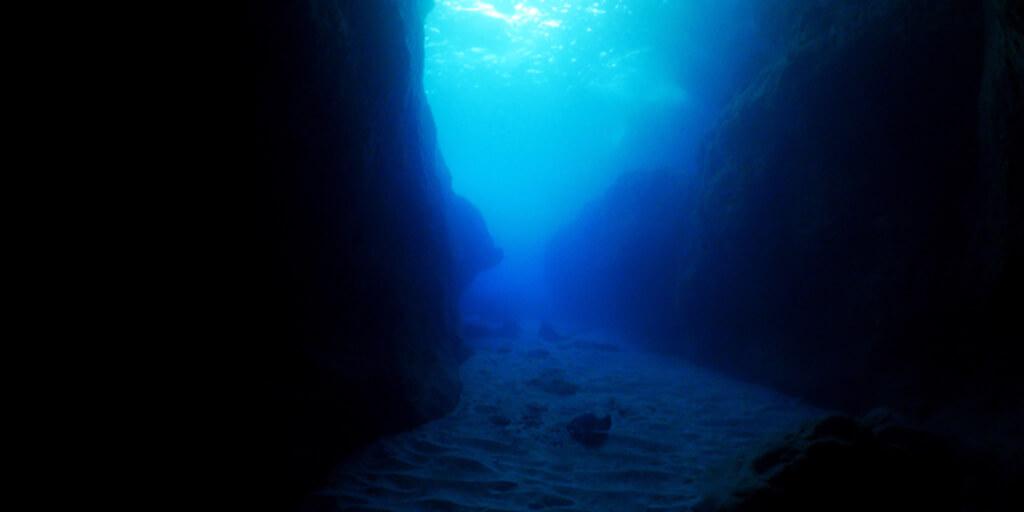
Oxygen at the Bottom of the Ocean?
The prevailing wisdom on the oxygenation of the ocean is that plants in the top layers of ocean waters produce oxygen through photosynthesis, just like plants on land. As ocean depths increase and light gives way to complete darkness, oxygen levels in seawater should theoretically decrease. However, a growing body of research suggests that “dark oxygen” is produced on the floor of some deep oceans—far too deep for sunlight to penetrate (New Scientist, July 22, 2024). Researchers have been surprised to find that in some areas of the ocean, oxygen levels actually increase as the depth of the ocean increases, which conflicts with established understanding. How does this happen?
Scientists have discovered oxygen in the presence of “nodules” on the ocean floor. These nodules are about the size of a potato and contain the elements cobalt, manganese, and nickel. These same industrial elements are used to make batteries. For this reason, some companies are looking to mine the nodules for their minerals. Oceanographers, however, have noticed that these nodules actually contain small amounts of electric potential. If clustered together, scientists hypothesize that enough electricity would be produced to split water into its components, releasing both hydrogen and oxygen—thus oxygenating the ocean floor. One researcher has nicknamed these small nodules “geobatteries.” What are the odds of finding on the ocean floor naturally occurring nodules that contain appropriate amounts of the elements needed to build a battery? And what are the odds of finding them in the presence of deep-sea oxygen that should not exist?
Darwinian evolution took the world by storm in the late 1800s because people were looking for an alternative reason for the existence of life. If an alternative could be found and the God of the Bible was not real, then the Bible could not be God’s inspired word and would not need to be followed. The problem is that Darwin’s theory is not only deeply flawed, but it cannot account for the complexity of earth’s ecosystems. Many scientific theories hinge on the mistaken idea that everything exists because of random chance. However, as more is learned about life and the planet, science continues to discover more evidence of intentional design by a highly intelligent being! To learn more about this fascinating subject, be sure to watch “Evolution on Trial.”



